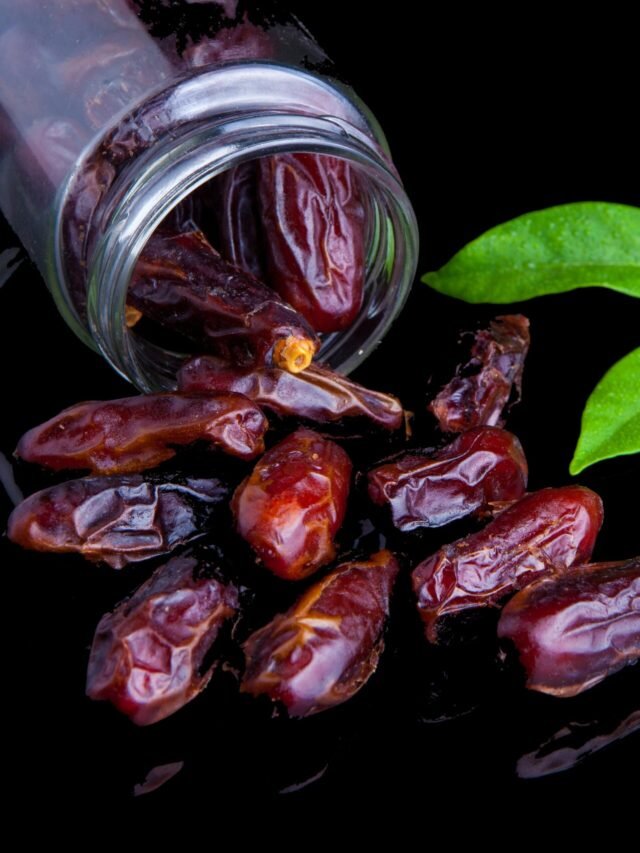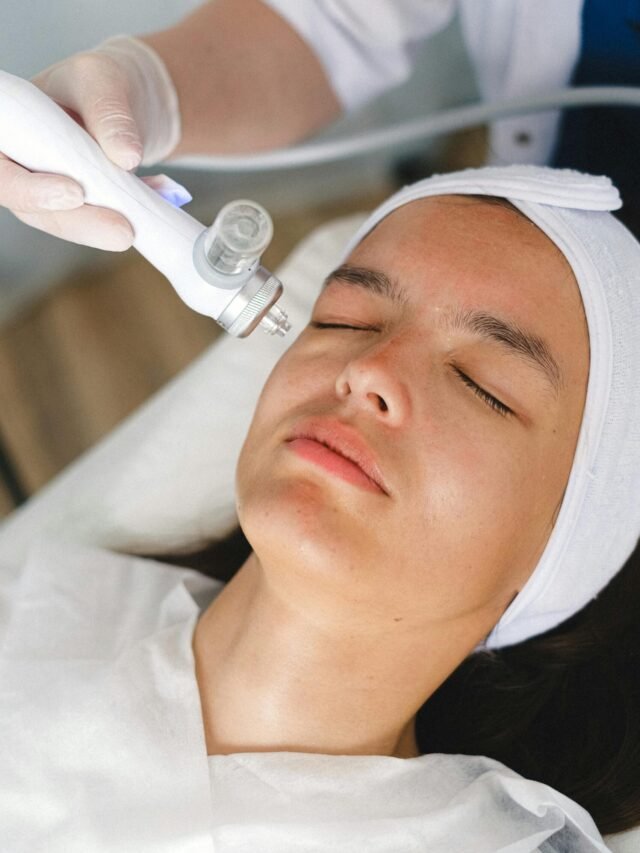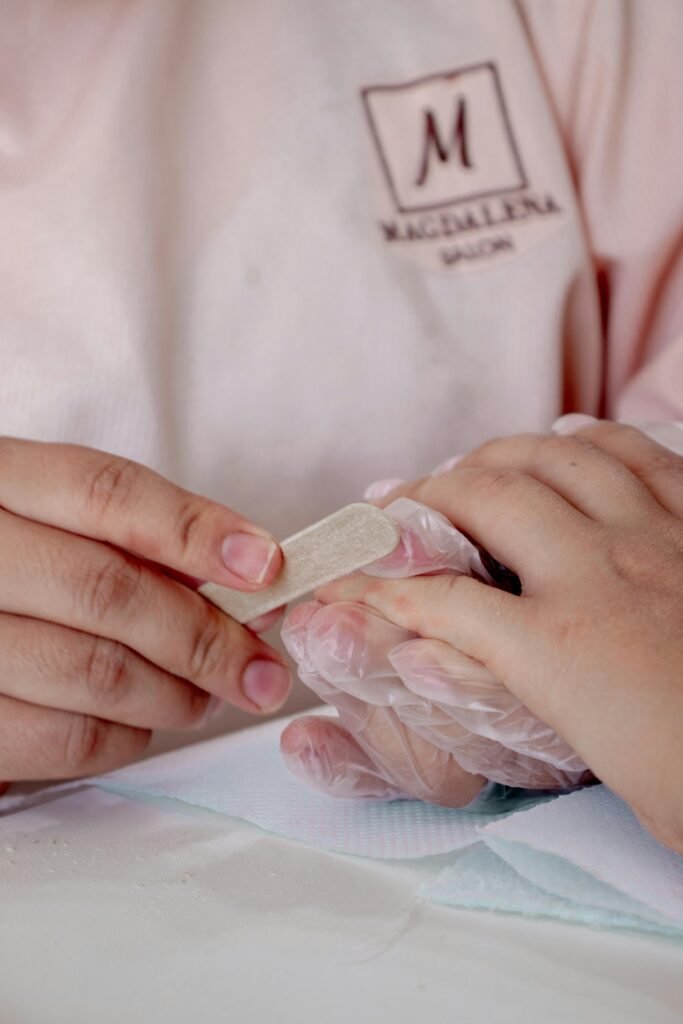
How Can I Get Rid of Skin Disease Naturally?
Introduction
Dealing with skin diseases can be frustrating, and while there are plenty of conventional treatments available, many people are turning to natural remedies for a safer and more holistic approach. But how effective are these natural methods, and what can they do for your skin health? Let’s dive into the world of natural treatments and explore how you can get rid of skin disease naturally.
Table of Contents
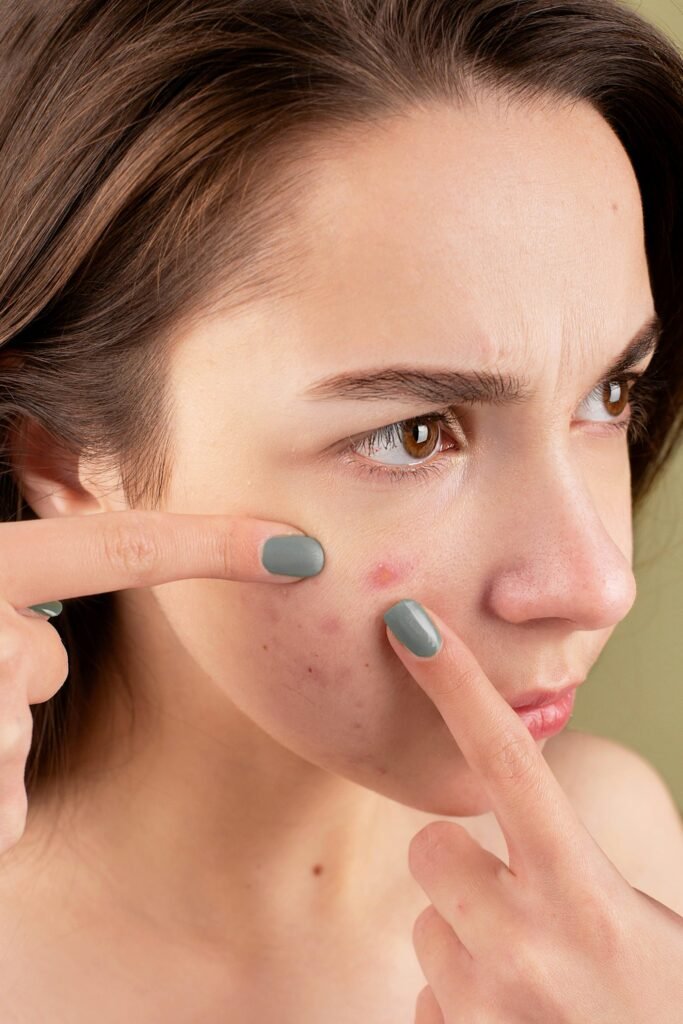
Understanding Skin Diseases
Skin diseases come in many forms, from mild irritations to chronic conditions. Common skin diseases include acne, eczema, psoriasis, rosacea, and dermatitis. Each condition has its unique set of symptoms, such as redness, itching, swelling, and sometimes pain. These diseases can be caused by various factors, including genetics, environmental factors, allergies, and lifestyle choices.
Benefits of Natural Remedies
Why choose natural remedies over conventional treatments?
Natural remedies often have fewer side effects, are more affordable, and can be just as effective as their pharmaceutical counterparts. Additionally, natural treatments often work holistically, addressing the root cause of the issue rather than just the symptoms. However, it’s essential to approach natural remedies with realistic expectations and an understanding that what works for one person might not work for another.
Natural Ingredients for Skin Health
Several natural ingredients have been praised for their skin-healing properties. Here are some of the most popular:
Aloe Vera
Known for its soothing and anti-inflammatory properties, aloe vera can help reduce redness and promote healing in the skin.
Coconut Oil
Rich in fatty acids, coconut oil moisturizes the skin and has antimicrobial properties that can help fight infections.
Tea Tree Oil
With its strong antiseptic and anti-inflammatory properties, tea tree oil is often used to treat acne and other skin infections.
Turmeric
This golden spice has powerful anti-inflammatory and antioxidant properties, making it an excellent remedy for various skin conditions.
Honey
Honey is a natural humectant, meaning it helps retain moisture in the skin. It’s also antibacterial and can aid in wound healing.
Importance of Hydration
Drinking plenty of water is crucial for maintaining hydrated and healthy skin. Aim for at least 8 glasses of water a day to keep your skin plump and radiant.
Herbal Treatments
Herbs have been used for centuries to treat various skin conditions. Here are a few that can be particularly beneficial:
Neem
Known for its antibacterial and anti-inflammatory properties, neem can help treat acne and other skin infections.
Calendula
This herb has antifungal, anti-inflammatory, and antibacterial properties, making it useful for soothing irritated skin and healing wounds.
Chamomile
Chamomile is renowned for its calming effects and can help reduce skin irritation and redness.
Essential Oils for Skin Care
Essential oils can be a powerful addition to your skincare routine. Here are some that can help:
Lavender Oil
Lavender oil has antiseptic properties and can help reduce inflammation and speed up the healing process.
Frankincense Oil
This oil is known for its anti-aging benefits and can help reduce the appearance of scars and wrinkles.
Eucalyptus Oil
Eucalyptus oil has antibacterial properties and can be used to treat acne and other skin infections.
Home Remedies for Common Skin Issues
Acne
- Apple Cider Vinegar: Its antibacterial properties can help reduce acne-causing bacteria.
- Green Tea: Applying green tea extract can help reduce inflammation and fight bacteria.
Eczema
- Oatmeal Baths: Soothes itching and inflammation.
- Coconut Oil: Moisturizes and reduces irritation.
Psoriasis
- Aloe Vera Gel: Soothes and reduces redness.
- Turmeric Paste: Reduces inflammation and promotes healing.
The Role of Hygiene
Maintaining good hygiene is crucial for preventing and managing skin diseases.
Importance of Cleanliness
Regularly washing your skin helps remove dirt, oil, and bacteria that can lead to infections and other skin problems.
Tips for Maintaining Skin Hygiene
- Use Gentle Cleansers: Avoid harsh soaps that can strip the skin of its natural oils.
- Moisturize Daily: Keep your skin hydrated to prevent dryness and irritation.
- Avoid Touching Your Face: This can transfer bacteria and oil from your hands to your face.
Lifestyle Changes
Stress Management
Chronic stress can worsen skin conditions. Practice stress-reducing activities such as yoga, meditation, and deep breathing exercises.
Adequate Sleep
Getting enough sleep is essential for skin repair and regeneration. Aim for 7-9 hours of quality sleep each night.
Regular Exercise
Exercise increases blood flow, which helps nourish skin cells and keep them healthy. It also helps reduce stress, which can improve skin conditions.
DIY Skin Care Recipes
Homemade Face Masks
- Honey and Turmeric Mask: Mix honey and turmeric to create a soothing and brightening face mask.
- Avocado and Oatmeal Mask: Hydrates and nourishes the skin.
Natural Scrubs
- Sugar and Olive Oil Scrub: Exfoliates and moisturizes the skin.
- Coffee Grounds Scrub: Helps reduce cellulite and exfoliate dead skin cells.
Soothing Baths
- Oatmeal Bath: Reduces itching and soothes irritated skin.
- Epsom Salt Bath: Detoxifies the skin and reduces inflammation.
Preventive Measures
Sun Protection
Always wear sunscreen to protect your skin from harmful UV rays that can cause damage and increase the risk of skin cancer.
Avoiding Harsh Chemicals
Choose skincare products that are free from harsh chemicals and fragrances that can irritate your skin.
Regular Skin Check-ups
Visit a dermatologist regularly to monitor your skin health and catch any potential issues early.
When to Seek Professional Help
While natural remedies can be effective, there are times when professional medical advice is necessary.
Signs that Require Medical Attention
- Persistent or worsening symptoms
- Severe pain or discomfort
- Signs of infection, such as pus or fever
Integrating Natural and Medical Treatments
Discuss with your healthcare provider how to incorporate natural remedies with conventional treatments for the best results.
Success Stories
Personal Anecdotes
Many people have successfully managed their skin conditions using natural remedies. Sharing their stories can provide hope and inspiration.
Testimonials
Reading testimonials from others who have found relief through natural treatments can be encouraging and informative.
Conclusion
Natural remedies offer a promising alternative for managing skin diseases. By understanding the benefits of natural ingredients, making dietary and lifestyle changes, and knowing when to seek professional help, you can take control of your skin health in a holistic and sustainable way.
FAQs
What is the most effective natural remedy for acne?
Tea tree oil is often considered one of the most effective natural remedies for acne due to its strong antibacterial properties.
Can diet alone cure skin diseases?
While diet plays a crucial role in skin health, it is usually not enough to cure skin diseases on its own. A combination of diet, natural remedies, and proper skincare is often necessary.
How long does it take to see results from natural treatments?
The time it takes to see results from natural treatments varies depending on the condition and the individual. It can range from a few weeks to several months.
Are there any risks associated with natural remedies?
Some natural remedies can cause allergic reactions or interact with other medications. It’s important to do a patch test and consult with a healthcare provider before starting any new treatment.
How can I maintain healthy skin long-term?
Maintaining healthy skin long-term involves a combination of proper skincare, a healthy diet, regular exercise, and avoiding harmful habits like smoking and excessive sun exposure.
click here for more information related to health:



“इमली के बीजों को फेंकने की भूल मत करें: 14,000 Crore के Market में छिपा है सोना”

कहीं आप भी तो नही कर रहे Badi Ilyachi और Chhoti Ilyachi का गलत उपयोग,जाने आयुर्वेद के अनुसार

भारतीय पंचांग और आयुर्वेद के अनुसार किस मौसम में क्या खाएं और क्या नहीं 2024?
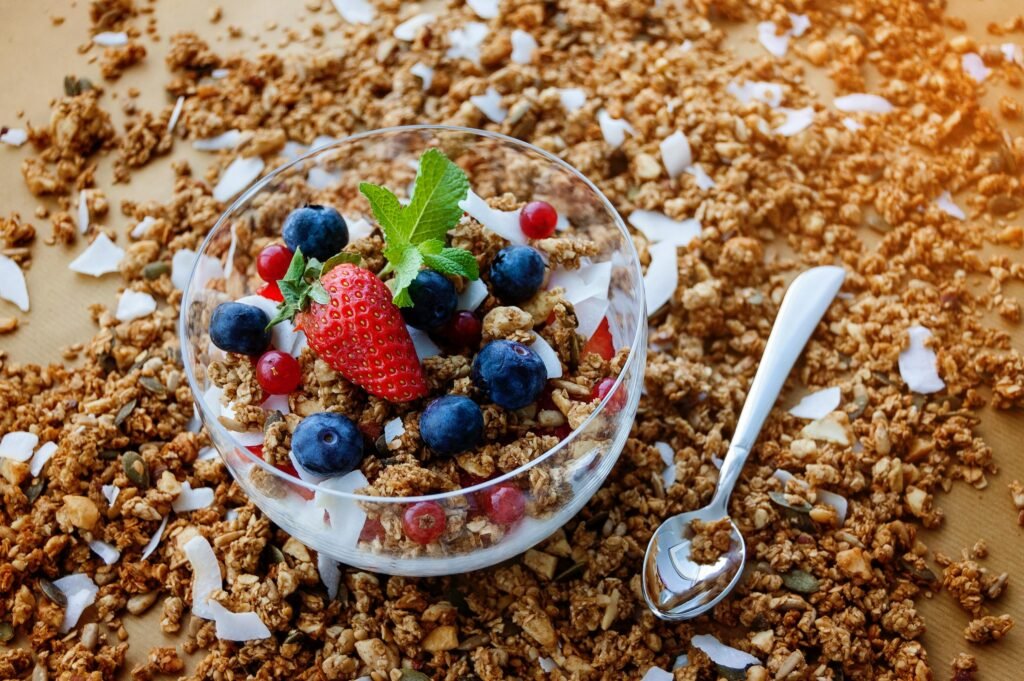


अगर “Momos” खाकर आपको भी हो रही है उल्टिया ,तो कहीं आपको ये जानलेवा बिमारी तो नहीं?

10 Foods जो आपके लिए जानलेवा हो सकते हैं: अभी बंद करें इनका सेवन

Navigating Choices: Understanding Abortion Procedures and Types
Conclusion
Natural remedies offer a promising alternative for managing skin diseases. By understanding the benefits of natural ingredients, making dietary and lifestyle changes, and knowing when to seek professional help, you can take control of your skin health in a holistic and sustainable way.
